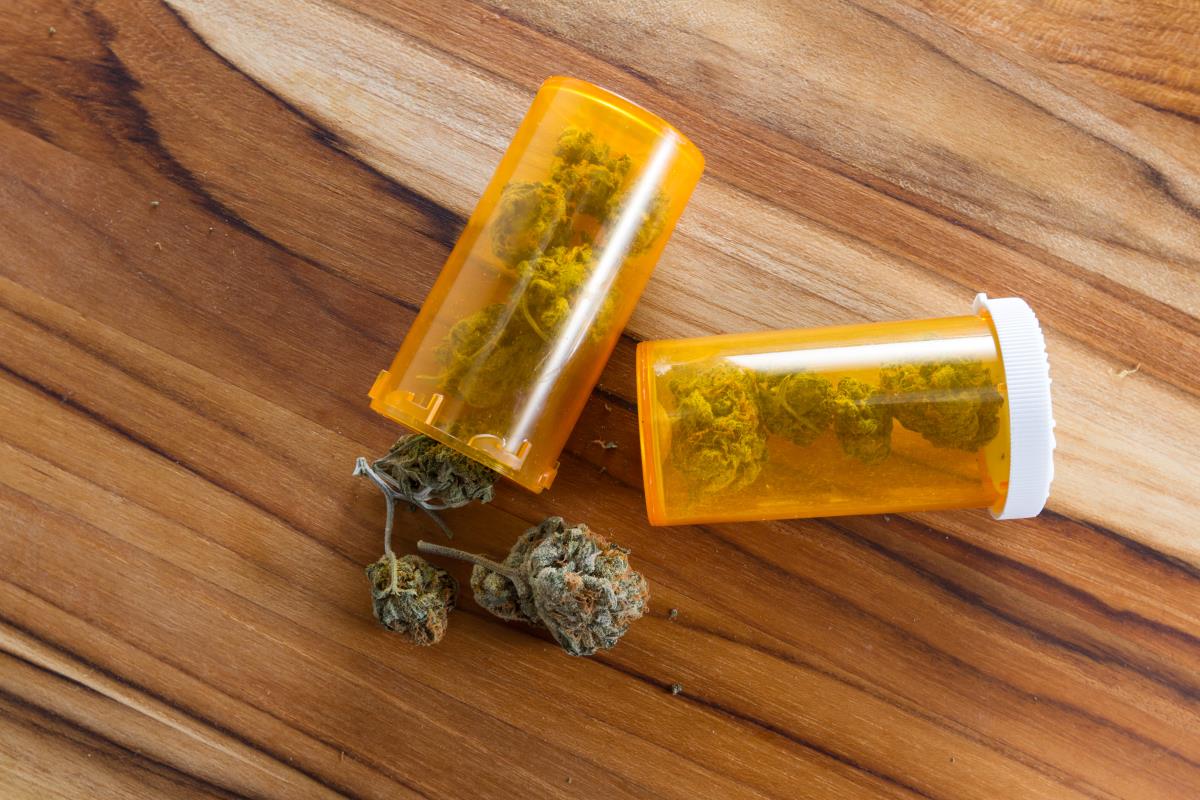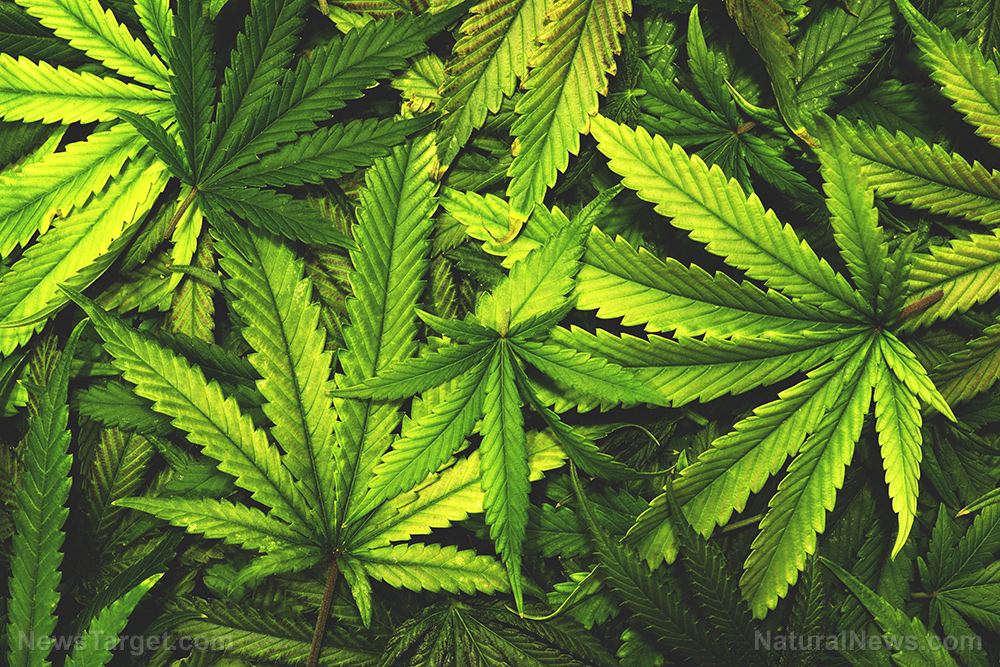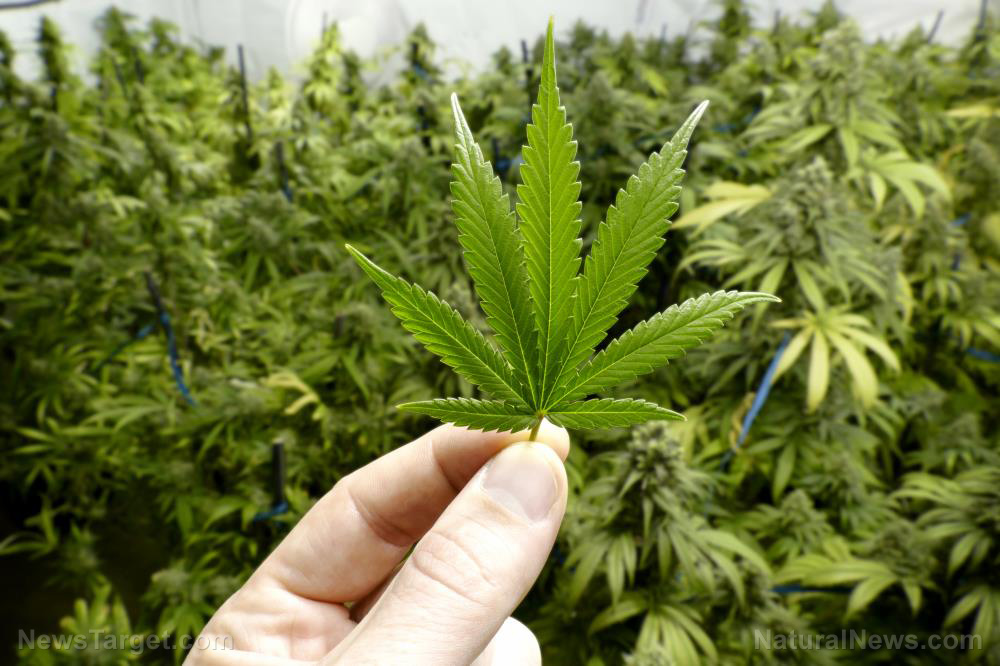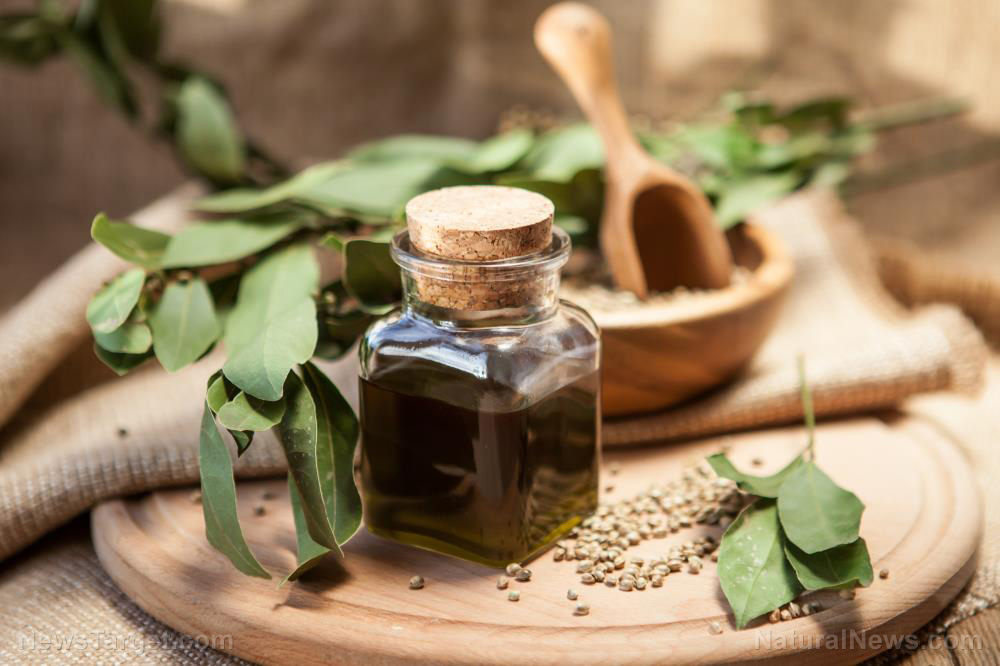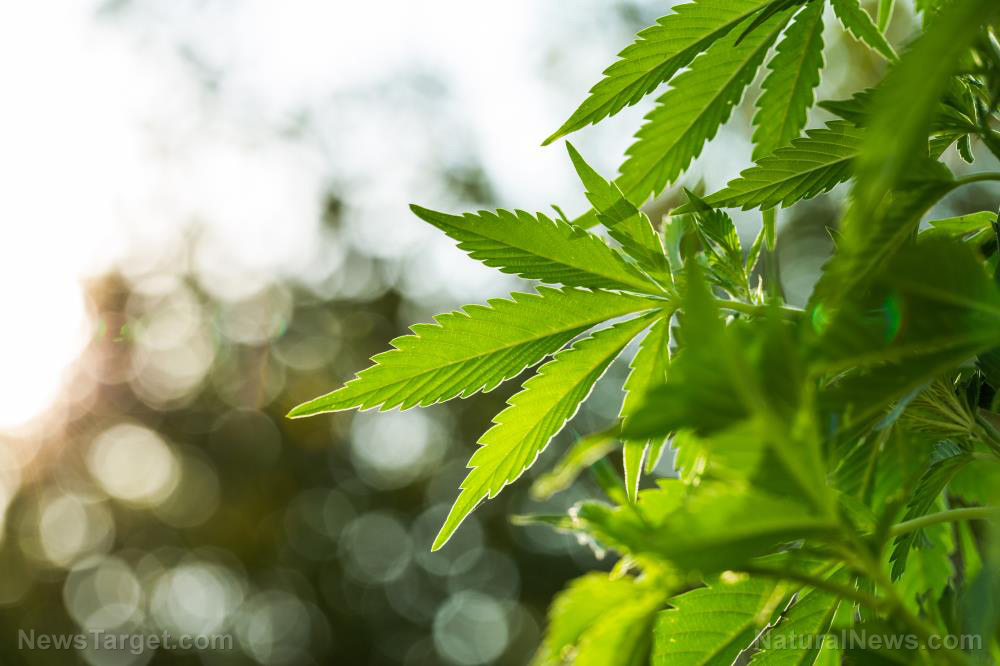Medical marijuana works as a REPLACEMENT for deadly opioid drugs, new science shows
02/15/2019 / By Tracey Watson
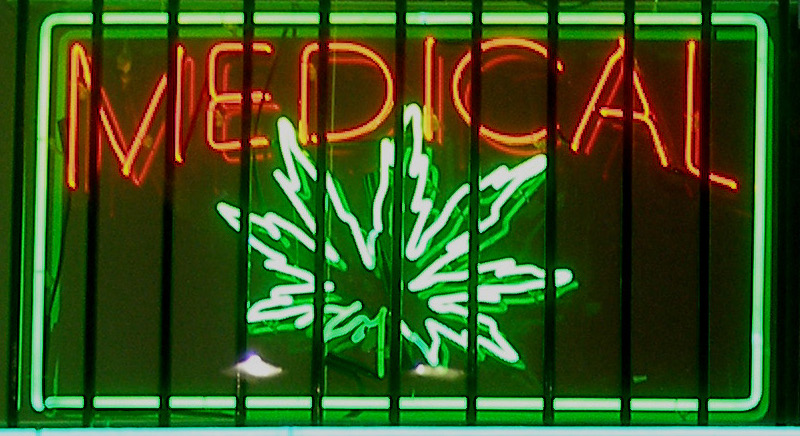
Shocking statistics from the Centers for Disease Control and Prevention (CDC) indicate that 91 Americans die from opioid overdoses every day – four times higher than the number back in 1999. Most of the more than half a million deaths from drug overdoses between 2000 and 2015 involved opioids. Now, the legal availability of medical marijuana in many U.S. states has paved the way for chronic pain sufferers to get off deadly and addictive opioids and obtain pain relief from marijuana instead.
A recent study by researchers from the University of New Mexico, published in the journal PLOS ONE, has found a strong correlation between medical marijuana use and reduction in or cessation of opioid use in addicted patients.
The study included 37 patients with chronic pain who were habitual opioid users and were enrolled in the New Mexico Medical Cannabis Program (MCP), whose results were compared to those of 29 patients with similar pain and addiction profiles who were not enrolled in the program.
Opioid records were monitored for all patients over a 21-month period to measure how many patients stopped using opioids entirely in the last three months of the observation period, and how many reduced their consumption of opioids during that time.
At the end of the observation period, the researchers found that those enrolled in the program had 17.27 higher odds of stopping opioid use altogether, and 5.12 higher odds of reducing daily opioid usage. They also experienced a 47 percent reduction in daily opioid use, while those not enrolled in the program increased their daily dosages by an average of 10.4 percent.
The authors concluded:
The clinically and statistically significant evidence of an association between MCP enrollment and opioid prescription cessation and reductions and improved quality of life warrants further investigations on cannabis as a potential alternative to prescription opioids for treating chronic pain.
The patients enrolled in the study also reported less pain, better quality of life, an improved social life, greater activity levels, improved concentration and few side effects after a year of cannabis use.
An earlier Natural News article reported that NFL players and their doctors have also recognized the superiority of marijuana over opioids for football injuries. Both current and former players have spoken out about their preference for cannabis over opioids for pain relief, with a group of players recently co-authoring a letter with Doctors for Cannabis Regulation, calling for the league to take a fresh look at the issue.
Even though 29 states have legalized the use of medicinal marijuana, it remains prohibited by the NFL. (Related: NFL players choose cannabis oil over opioids to manage pain.)
CNN reported:
According to a 2011 study in the Journal of Drug and Alcohol Dependence, over half of all retired NFL players used narcotic painkillers during their careers, and 71% of those ended up abusing those painkillers. One in seven of those players continues to have dependency issues after playing.
The NFL’s Policy … prohibits the ‘illegal use of drugs,’ including cannabis in a list that implicitly equates it with cocaine, opioids, MDMA and PCP. Within the medical community, cannabis is consistently regarded as less toxic, less addictive, and less harmful than many legal drugs like alcohol, tobacco or prescription opioid medications, let alone those illegal drugs mentioned in the Policy.
That belief seems to be spreading across the country, and indeed, the world, as more and more doctors and health practitioners recognize the incredible healing powers of the cannabis plant. Perhaps one day soon we will experience a world where death-dealing opioids have been completely replaced by the gentle healing powers of medical marijuana.
Discover the myriad ways in which medical marijuana is changing people’s lives at MedicalMarijuanaUpdate.com.
Sources include:
Tagged Under: alternative medicine, drug overdoses, marijuana, medical marijuana, natural cures, natural medicine, natural remedies, Opioids, pain relief, plantmedicine



